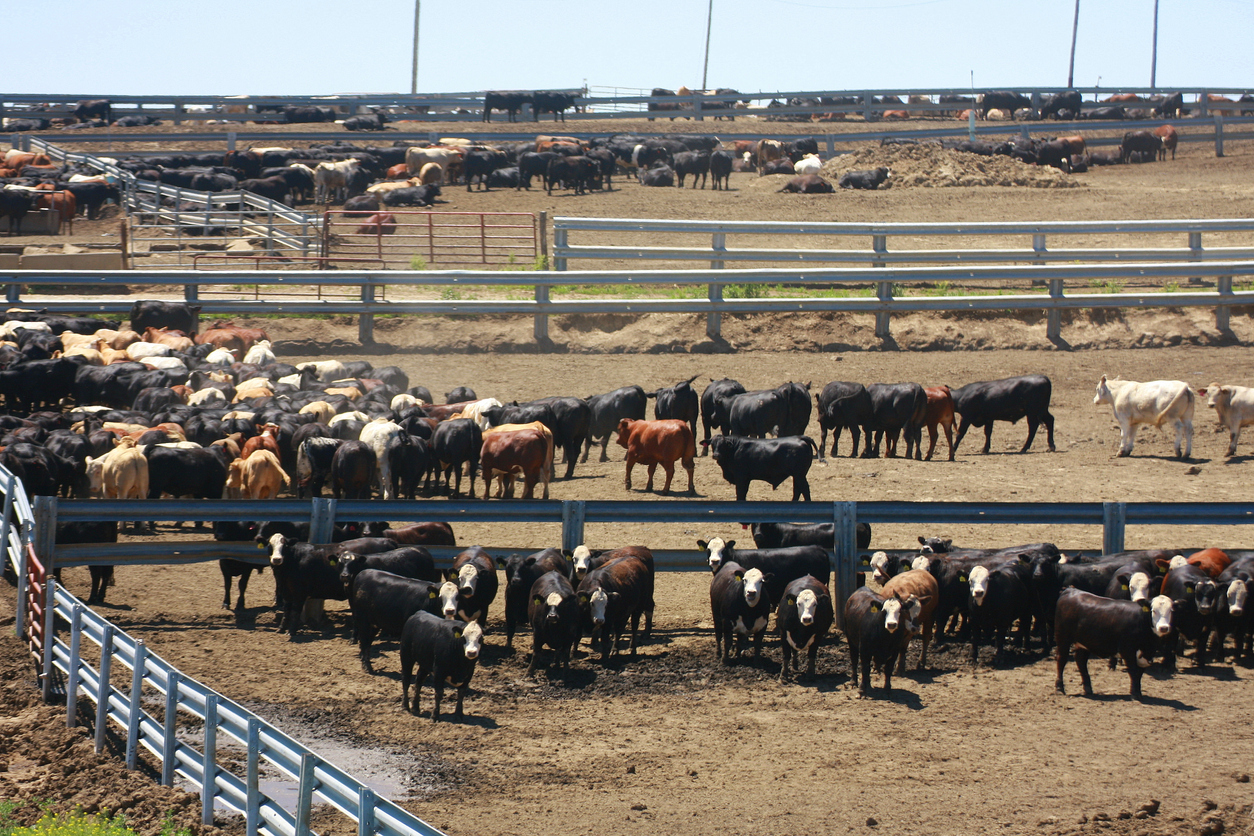
It’s tough to reclaim cattle once they get to the feedlot
While we are no longer living in the days of the Wild West, livestock dealers continue to face theft—particularly, in sales transactions gone wrong. Unfortunately, common remedies generally are inadequate to recover the full amount lost. In response, Congress has taken an active role in protecting the interests of the livestock industry.
Statutory Trusts Under the Packers and Stockyards Act
A century ago, Congress enacted the Packers and Stockyards Act of 1921 (“P&S Act”). The P&S Act ensures fair competition and trade practices by protecting the livestock industry from unfair, deceptive, and discriminatory practices. In particular, the Act creates a statutory trust for packers, holding the livestock in trust for the benefit of any unpaid cash sellers until full payment is received. An unpaid cash seller includes sellers who receive bad checks.
The trust was recently expanded to other livestock buyers when Congress enacted the Consolidated Appropriations Act, 2021.
The Consolidated Appropriations Act amended the P&S Act to establish a statutory trust for the benefit of unpaid cash sellers of livestock purchased by a dealer. A “dealer” is any person engaged in business of buying or selling livestock.
Maintaining the Benefit of the Dealer Trust
The recent amendment to the P&S Act requires “[a]ll livestock purchased by a dealer in cash sales and all inventories of, or receivables or proceeds from, such livestock shall be held by such dealer in trust for the benefit of all unpaid cash sellers of such livestock until full payment has been received by such unpaid cash sellers.” Packers and Stockyards Act of 1921 § 318 (2021). This provision applies to dealers whose average annual livestock purchases exceed $100,000.
Timing is imperative under the P&S Act. In order for the unpaid cash seller to maintain the benefit of the trust, the seller must give written notice to the dealer and file notice with the Secretary of Agriculture:
- Within 30 days of the final payment date; or
- Within 15 business days after the date the seller receives notice that the payment has been dishonored.
When the dealer receives notice, the dealer has 15 days to give notice to all persons who have a security interest in the livestock held in trust.
If the dealer sells the livestock to a good-faith purchaser for value, the purchaser receives good title. However, “for value” does not include the satisfaction of a prior debt or fulfillment of a security agreement. If title passes to a good-faith purchaser, the statutory trust still allows for the seller to be paid from the proceeds of the sale.
To enforce the trust, if the Secretary of Agriculture has reason to believe a dealer failed to pay or that it would be in the best interest of the seller, the Secretary must do one or more of the following:
- Appoint an independent trustee;
- Serve as the independent trustee; or
- File suit in the district court where the dealer resides.
Notably, the P&S Act does not preclude unpaid sellers from filing suit to preserve or enforce the trust.
For the full text of the P&S Act, visit: https://www.ams.usda.gov/sites/default/files/media/PSAct.pdf.
This article was written by Lamson Dugan & Murray law clerk Callie Kanthack.


Leave A Comment